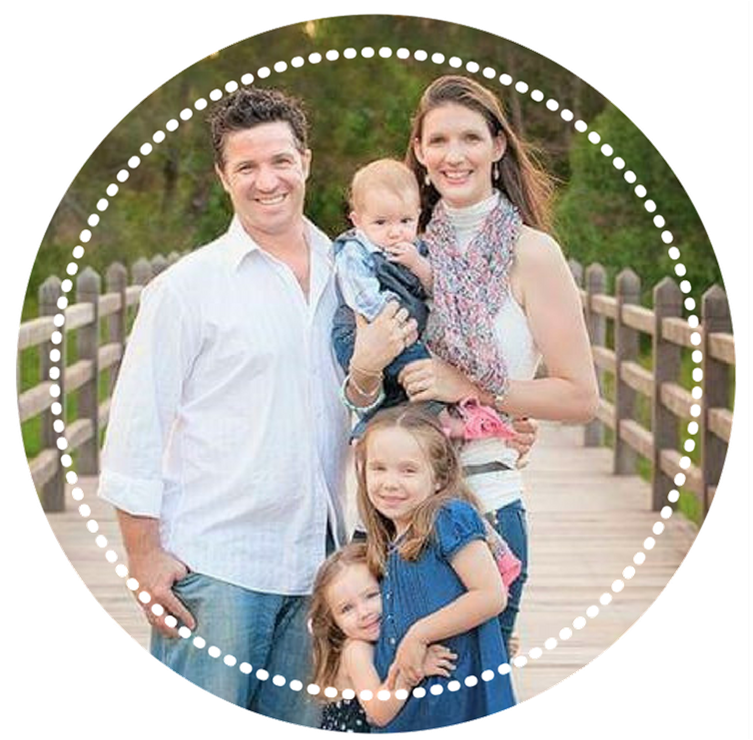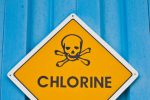Nurses and Substance Abuse: How Access can Lead to Addiction SBHC
Contents
In fact, a study showed that nurses who handle drugs are more likely to have an addiction than nurses who do not. What should happen in cases of suspected drug abuse among nurses. An investigation needs to be carried out and the truth exposed. The addicted staff should be assisted to get the help they need and later reintegrate back to work, though under strict watch.

We often deny our risk, but our profession’s combination of high stress, burnout and access to drugs can make us at least as susceptible to addiction as the general public. Bradford’s Healthcare Professional Program was designed to help nurses and others in healthcare. This extended treatment program focuses on providing nurses with strategies and tools to overcome their addiction and remain successful in their careers. Spending as much time as they do with patients, nurses grow attached to them. Nurses turn to drugs and alcohol to help deal with feelings of loss and grief.
Increased stress and access to drugs drives addiction
Many respondents said they often work more than 10 hours of overtime each week. Another special challenge to the nursing profession is their access to narcotic medications. Diverting these drugs for their own use and away from their patients is not just harmful to the nurse. But it is also unethical and a failure to protect the patient from harm by diverting drugs from the patient. Not to mention that a nurse struggling with a drug problem endangers the life of the patient in their care.
- HelsinkiMissio offers support for people in the age of 12 to 29.
- The addicted staff should be assisted to get the help they need and later reintegrate back to work, though under strict watch.
- Like many other working professionals facing an addiction, a medical professional might have multiple reasons for turning to drugs or alcohol.
- Of all nursing professions, nurse anesthetists use these drugs at the highest rates.
- You need to be keen about your actions and those of your colleagues so as to know when to seek help.
With prescription medicine being easily accessible, nurses can easily buy or steal whatever they want. Identifying nurses who have a substance abuse disorder and assisting them to find appropriate treatment programs can save lives. Substance abuse can affect any socioeconomic class, gender, race, and profession.
Workplace Factors that Increase the Risk of Addiction for Nurses
They also have an extensive understanding of the effects these substances have on an individual, and this may motivate them to try to mimic these sensations in themselves in order to produce a high or euphoria. But Samantha believes random drug testing could better protect patients and lead to medical professionals with substance misuse issues being caught sooner. Nurses with substance use disorders turn to a variety of drugs to cope with the job and feed their addictions. The most common substances they abuse are prescription painkillers, such as fentanyl or hydrocodone, and alcohol.
I had single-parenthood pressures and a second divorce; overreaching overtime hours in the ICU and a part-time clinical instructor role; and the added stress of caring for my terminally ill father at home. Sara Kaiser, an LPN living in Manchester, stole morphine from the nursing homes where she worked and was addicted to heroin from age 18 to 24. She spent time homeless and in prison, ultimately going through 14 rehab programs before getting sober in 2010. Overall, 11.4% of nurses screened positive for substance use problems, and 6.6% were categorized as having substance use disorders compared with 7.4% in the general population. “I felt so alone and like I couldn’t talk to anyone without ruining my entire career.
Data were taken from the Nursys database for seven of the nine states; the study authors downloaded the RN list for one state, and purchased a mailing list for the other. 1 in 10 physicians will fall into drug or alcohol abuse at some point how to heal your liver after alcoholism in their lives, mirroring the general population. Have a confidential, completely free conversation with a treatment provider about your financial options. “My greatest fear was that I would lose everything I had worked so hard for.

After treatment, she returned to work where she handled fentanyl vials for patients. We provide integrated treatment for mental health disorders and addiction. Less than 1% of employed registered nurses were working with a known substance abuse problem. Your workplace’s employee assistance program may offer a variety of free or reduced-cost services, including financial planning advice, legal help and individual or family counseling. Insurance benefits may cover treatment, counseling, massage or acupuncture.
Addiction In Medical Professionals
These initiatives are intended to help nurses overcome drug or alcohol abuse. Substance abuse is an epidemic that has swept healthcare professions. The American Nurses Association estimates one in 10 nurses today abuse drugs or alcohol. Compassion fatigue is a new concept that refers to the emotional and physical exhaustion that affects professionals and caregivers over time. CF is connected to desensitization to patients’ stories, a decrease in care quality, an increase in clinical errors, and higher rates of depression, anxiety, and stress leave. If you’re struggling as I did, know that prevention and recovery are possible.
Because of the genetic implications of alcohol use, it’s not surprising that about 80% of nurses with an AUD also have an alcoholic family member. They are also more likely to have interactions with other people who use alcohol. I pushed myself relentlessly in every aspect of my life, neglecting self-care.
Their licenses also remain valid, allowing them to return to work. Many state boards offer alternatives to discipline programs for RNs who demonstrate signs of impairment. Many nurses form strong friendships with one another, making it easier to ignore substance abuse among colleagues. Some RNs choose not to report drug abuse for fear of their colleagues being reprimanded.

They could be looking for a way to stay alert on an all-day or overnight shift or a way to escape the emotional pain from a day of hard decisions and upsetting outcomes. Doctors and nurses can be affected by addiction just like anyone else. If left untreated, this can lead to many negative effects for medical professionals and patients alike. Comprehensive support programs are available through peer assistance services.
How Does Alcohol Affect Your Period?
At age 25 in 2002, she was working for an insurance company during the day and nursing at night at Garner Correctional Institution in Newtown when a psychiatrist diagnosed her as bipolar and prescribed Klonopin. More than 64 percent of those drug-related cases—113—involved opioids, including oxycodone, morphine, heroin and Fentanyl. Talbottcampus.com needs to review the security of your connection before proceeding. This study was supported by a grant from the National Council of State Boards of Nursing.
– In-depth Journalism on Issues of Health and Safety
There is definitely reason for a medical professional to be optimistic while in recovery, as they share a much higher than average rate of maintaining sobriety after treatment. Get professional help from an online addiction and mental health counselor from BetterHelp. Samantha was able to continue her misuse of controlled substances while on the job for years, and at two different hospitals in two different states, before eventually being caught. Most hospitals have a multifactor system for obtaining controlled substances. They require fingerprint scanning and codes to retrieve medication from a Pyxis machine where cameras are also usually present.
Diversion of these drugs for self-use is not only harmful to the nurse, but is also unethical in the failure to protect the patient from harm by diverting the drugs from the patient. Furthermore, the impairment of the nurse may endanger the life of the patient in their care. Although alcohol has been a main source for substance abuse disorders, there are more mind-altering and dangerous options for those with an addiction disease. Chemical changes occur in the brain of an addict, making it more and more challenging to recover and rehabilitate from the abuse. The earlier the disease and abuse is recognized and treated, the better the outcome for recovery for the nurse and the option to return to the work environment.
Unfortunately, nursing authorities are creating triggers for relapse by disallowing nurses from coming back to work because they prefer one form of MAT over another form of MAT . It’s a point she said is worth noting because this type of drug misuse is more common among medical professionals as a result of access and comfort with needles and blood. While most nurses with a substance use disorder depend on alcohol or prescription drugs, history shows they turn to other drugs as well. Nearly 7 percent of nurses use prescription drugs for nonmedical purposes, a rate higher than the national average. A Nursing Times survey found that 63 percent of participating nurses experienced physical or mental side effects of job-related stress.
He said the 82 percent of nurses represent a tiny fraction of the 82,480 nurses licensed in Connecticut. Over time, the nurse gets used to feeling caused by the alcohol allergy & intolerance symptoms & treatment effects of the drug and they keep using it. Other nurses like anesthetists misuse drugs with the aim of feeling the same effects these drugs have on patients.


